File photo of Mike Ozekhome
The Lagos division of the court of appeal has dismissed a case filed by the Economic and Financial Crimes Commission (EFCC) seeking to freeze the account of Mike Ozekhome, a senior advocate of Nigeria (SAN).
The court held that lawyers are entitled to professional fees and do not need to know the source from where they are paid.
The EFCC had, in February 2016, obtained an ex parte order of forfeiture freezing Ozekhome’s Guaranty Trust Bank account.
Although the senior lawyer had argued and shown proof that he received N75 million as payment from Ayodele Fayoye, former Ekiti state governor, as professional fees for legal services, the commission claimed that the money was a proceed of crime.
Advertisement
However, Abdulaziz Anka, judge of a federal high court sitting in Lagos, lifted the freezing order in April 2017.
Dissatisfied with the decision of the high court, the anti-graft commission went before the court of appeal.
Delivering judgment on Friday, May 14, 2021, the appellate court led by Chidi Nwaoma Uwa, dismissed EFCC’s appeal.
Advertisement
The court, in its findings, said the bank account from which Fayose paid the fees had no financial liability as of the time the money was transferred to the senior lawyer.
The appellate court held that the lower court from which the freezing order was obtained, did not have the requisite jurisdiction to have granted such an order in the first case.
The court also held that the said sum of N75 million was lawful proceeds for legal services duly rendered to Fayose by Ozekhome, and not proceeds of unlawful activity.
The court of appeal further held that the respondent (Ozekhome) was denied fair hearing before the order affecting him was made ex parte.
Advertisement
It also added that an ex parte order is expected to be short, since it is an interim measure, and that the lower court was right to have discharged the order it earlier made before its lifespan of 120 days, having found that it had been misled in granting same, based on suppression of material facts by the EFCC.
On whether a legal practitioner is legally required to ask a client for the source from which the client pays the lawyer, the court said there is no such requirement known to law.
“A legal practitioner is entitled to his fees for professional services and such fees cannot be rightly labelled as proceeds of crime. Further, it is not a requirement of the law that a legal practitioner would go into inquiry before receiving his fees from his client, to find out the source of the fund from which he would be paid,” the court held.
Advertisement
1 comments
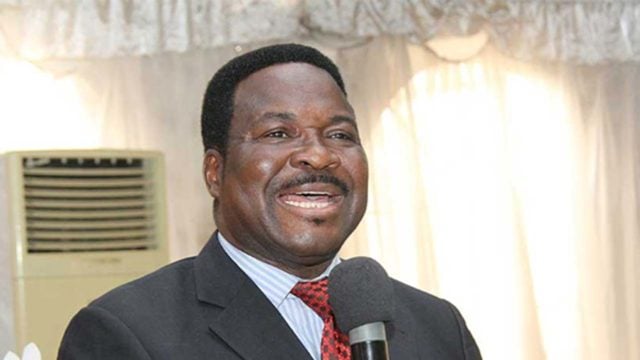
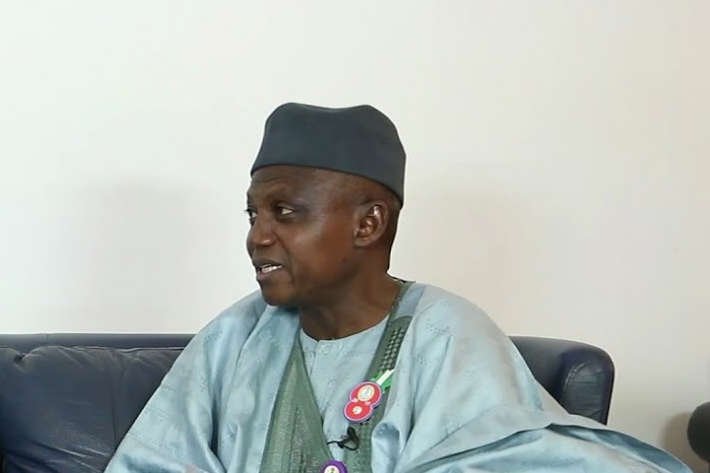
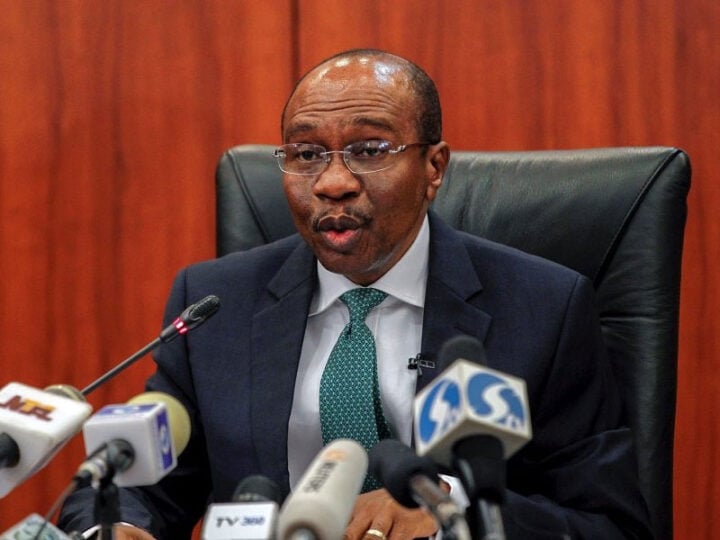
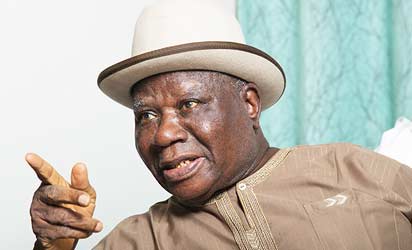
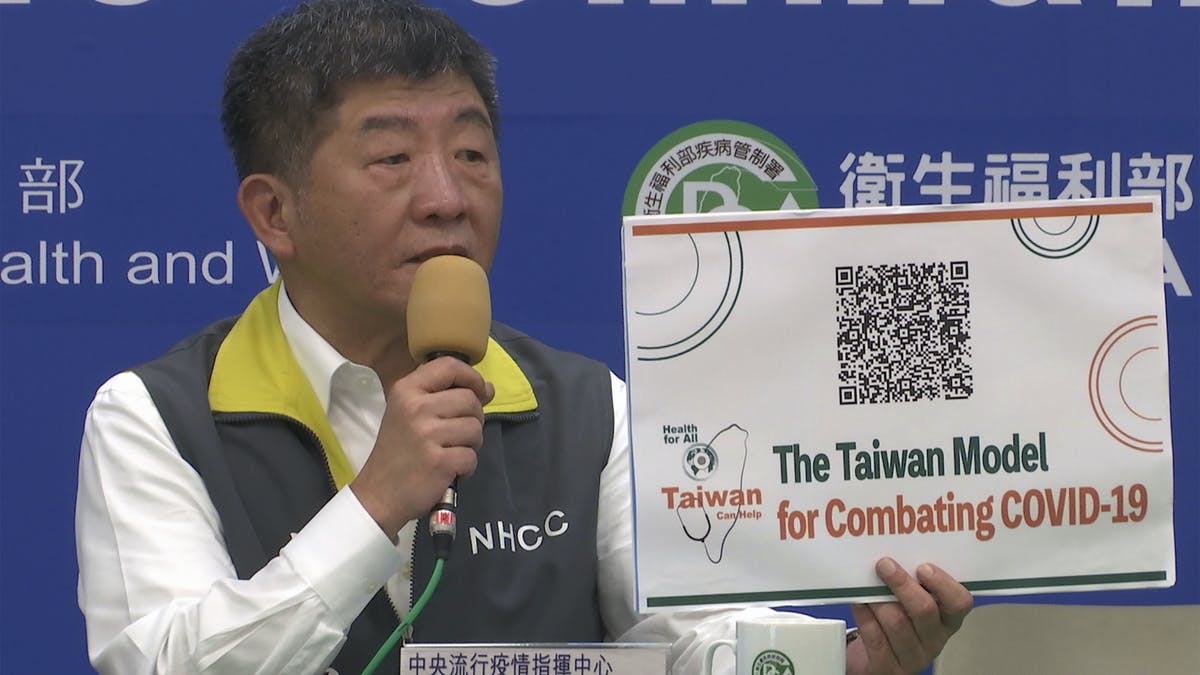
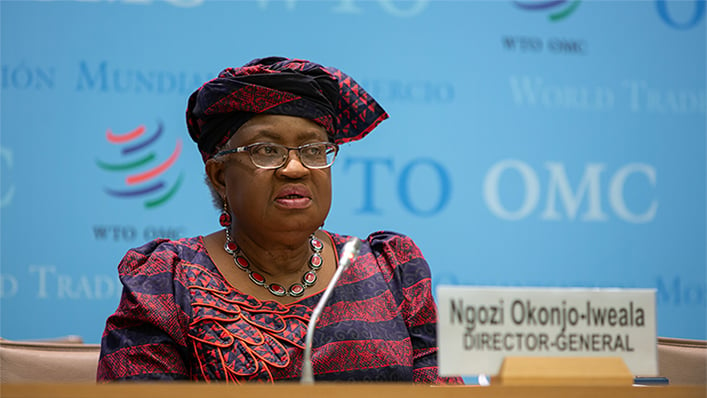

Even money paid through robbery cases? What is judiciary turning Nigeria into? I’m not surprised, judiciary is part of corruption in Nigeria. EFCC should appeal to the highest court otherwise it would turn to a bad precedent.